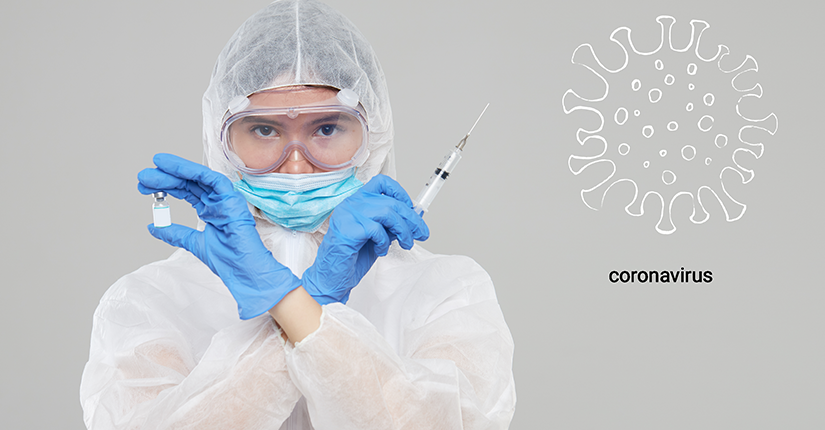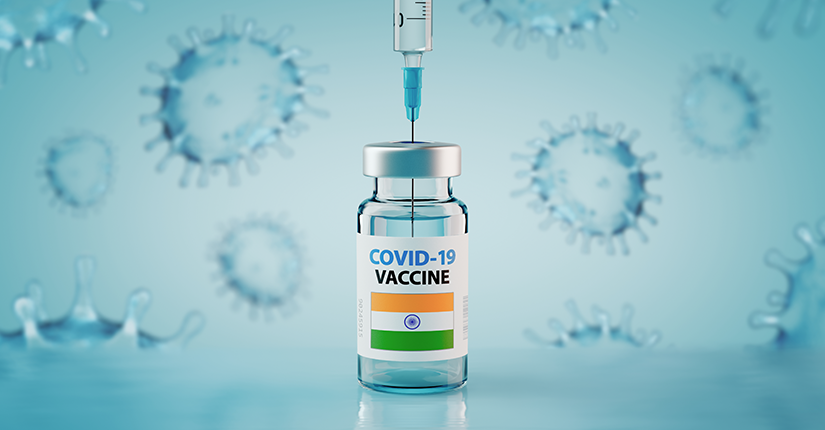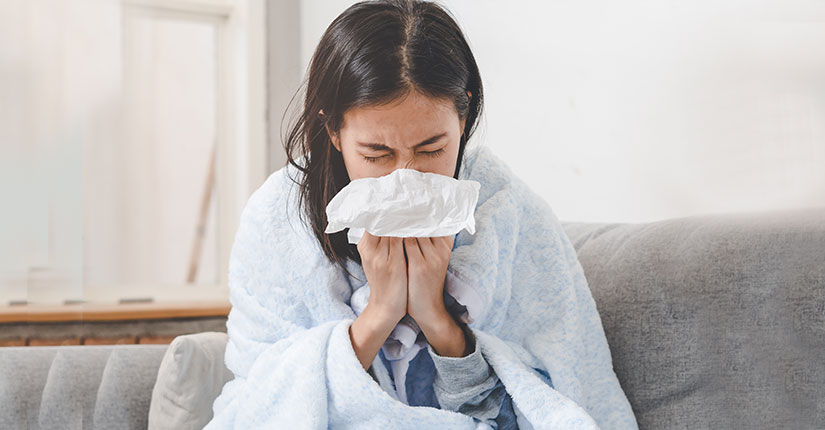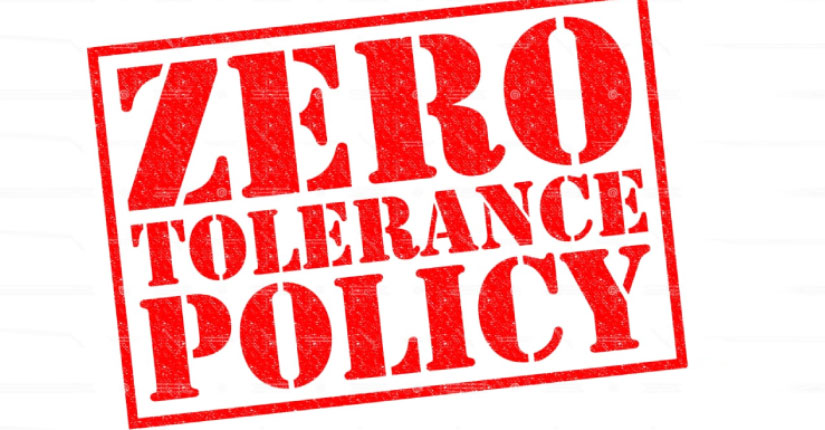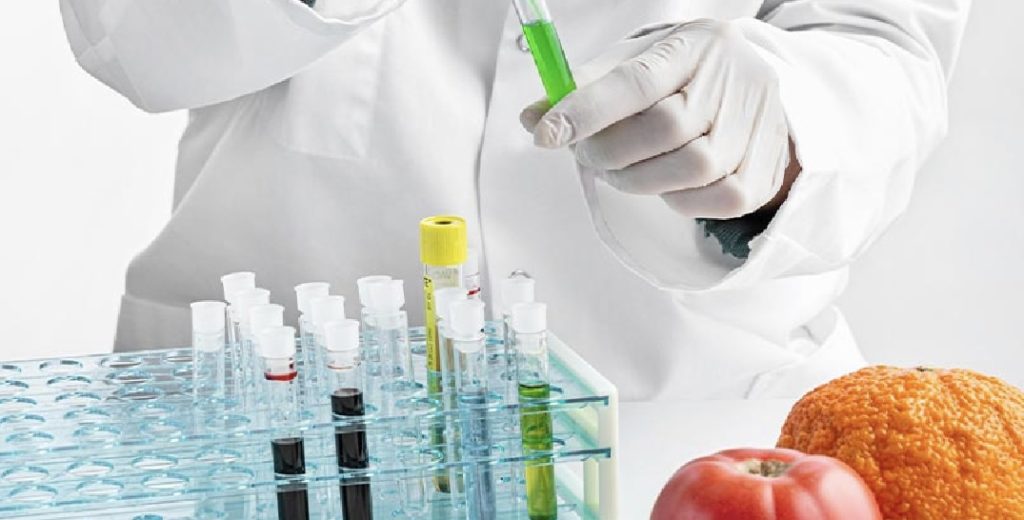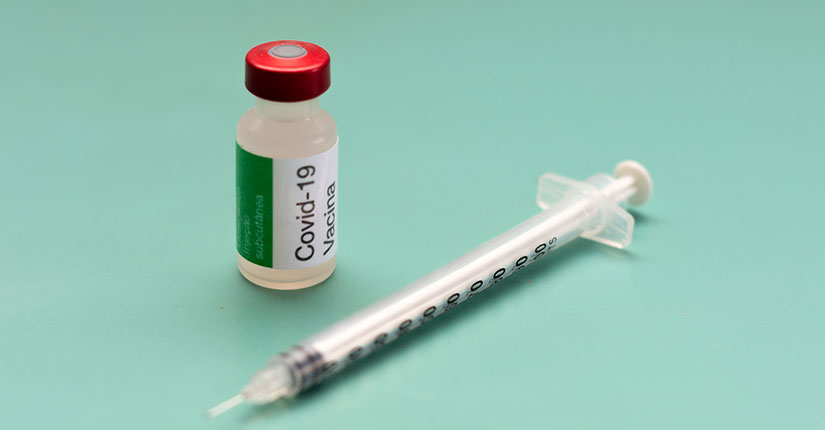WHO Tweeted About What Self-Testing For HIV Will Pave The Way For
By Nmami Agarwal 04-Aug 2022 Reading Time: 4 Mins
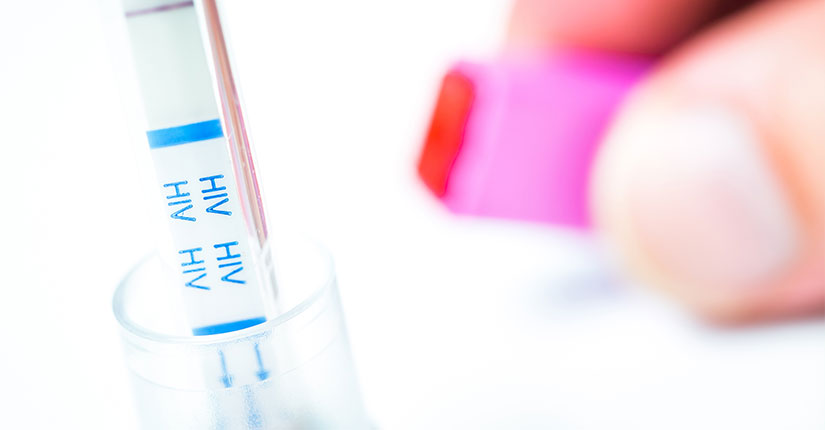
Human immunodeficiency virus (HIV) is an infection that attacks the body’s immune system, specifically the white blood cells called CD4 cells. HIV destroys these CD4 cells, weakening a person’s immunity against opportunistic infections, such as tuberculosis and fungal infections, severe bacterial infections, and some cancers. HIV can be diagnosed through rapid diagnostic tests that provide same-day results. This greatly facilitates early diagnosis and linkage with treatment and care. People can also use HIV self-tests to test themselves.
The World Health Organisation recommends HIV self-testing as a safe, accurate and effective way to reach people who may not test otherwise, and to date, has prequalified 6 HIV self-tests both oral fluid and blood-based products, assuring the quality and usability of these products. Quality-assured diagnostic tests are critical for effective healthcare systems. The addition of a new self-test to the list of prequalified In Vitro Diagnostics contributes to ensuring access to safe, appropriate and affordable tests of good quality. Self-care is a fundamental shift in health care delivery, giving individuals information, knowledge, and quality interventions to manage the health system with a supportive health system.
Self-care options for #HIV, including self-testing, will pave the way for:
- stronger health systems
- more resilient response to sexual and reproductive health and rights
- better outcomes
Globally, many countries have developed national policies that support HIV self-testing, and implementation is growing rapidly. As of June 2022, 98 countries – 52% of reporting countries – have a policy on HIV self-testing, but implementation is lagging behind, with only 52 countries routinely implementing globally. WHO estimates that major donors and governments procured more than 10 million HIV self-tests in low- and middle-income countries in the year 2021. While the future forecast looks promising, the availability of low-cost quality products for self-testing is critical to addressing the large need for HIV self-testing.
During COVID-19, many countries moved to accelerate HIV testing approaches that included HIV self-testing. The newly negotiated price reduction is an opportunity for more programs to adopt and deliver HIV self-testing and to bring testing, treatment, and prevention services to those who need them most. Advanced HIV disease remains a persistent problem in the HIV response. People continue to present or re-present for care with advanced immune suppression, putting them at a higher risk of developing opportunistic infections.
Over To You:
HIV self-testing (HIVST) is a convenient and confidential option for HIV testing. Globally, many countries have developed HIVST policies, and implementation is growing rapidly.

